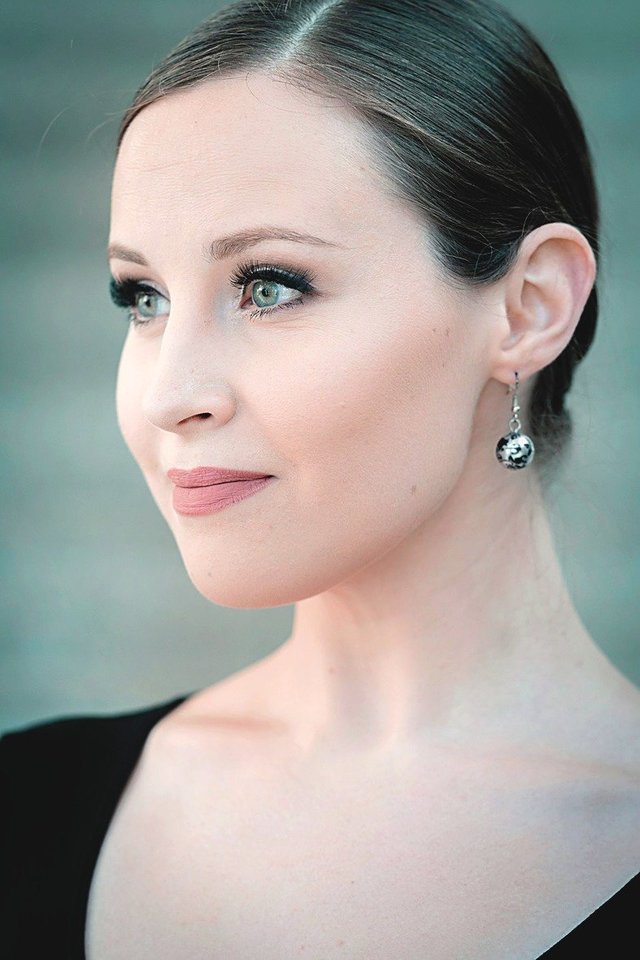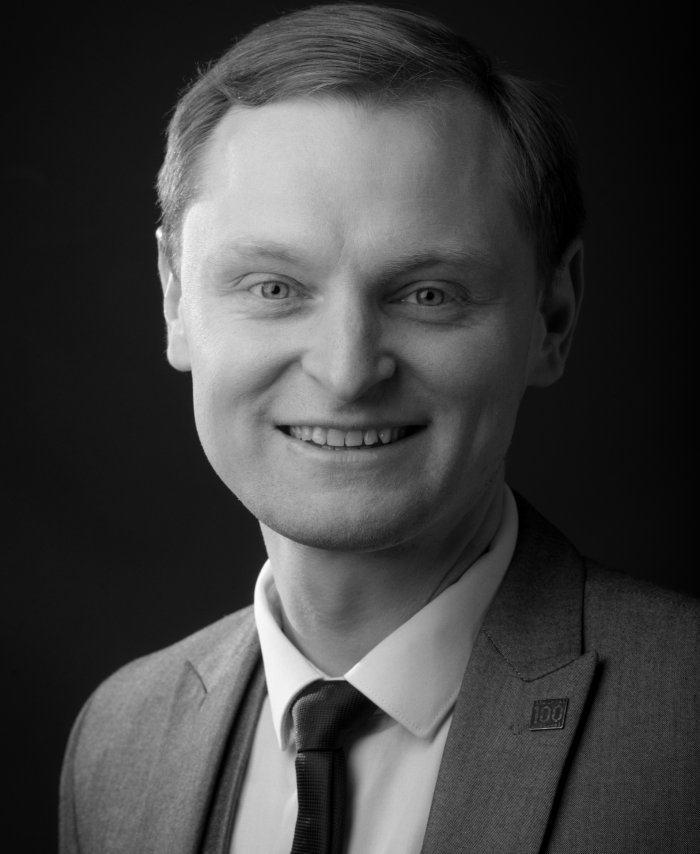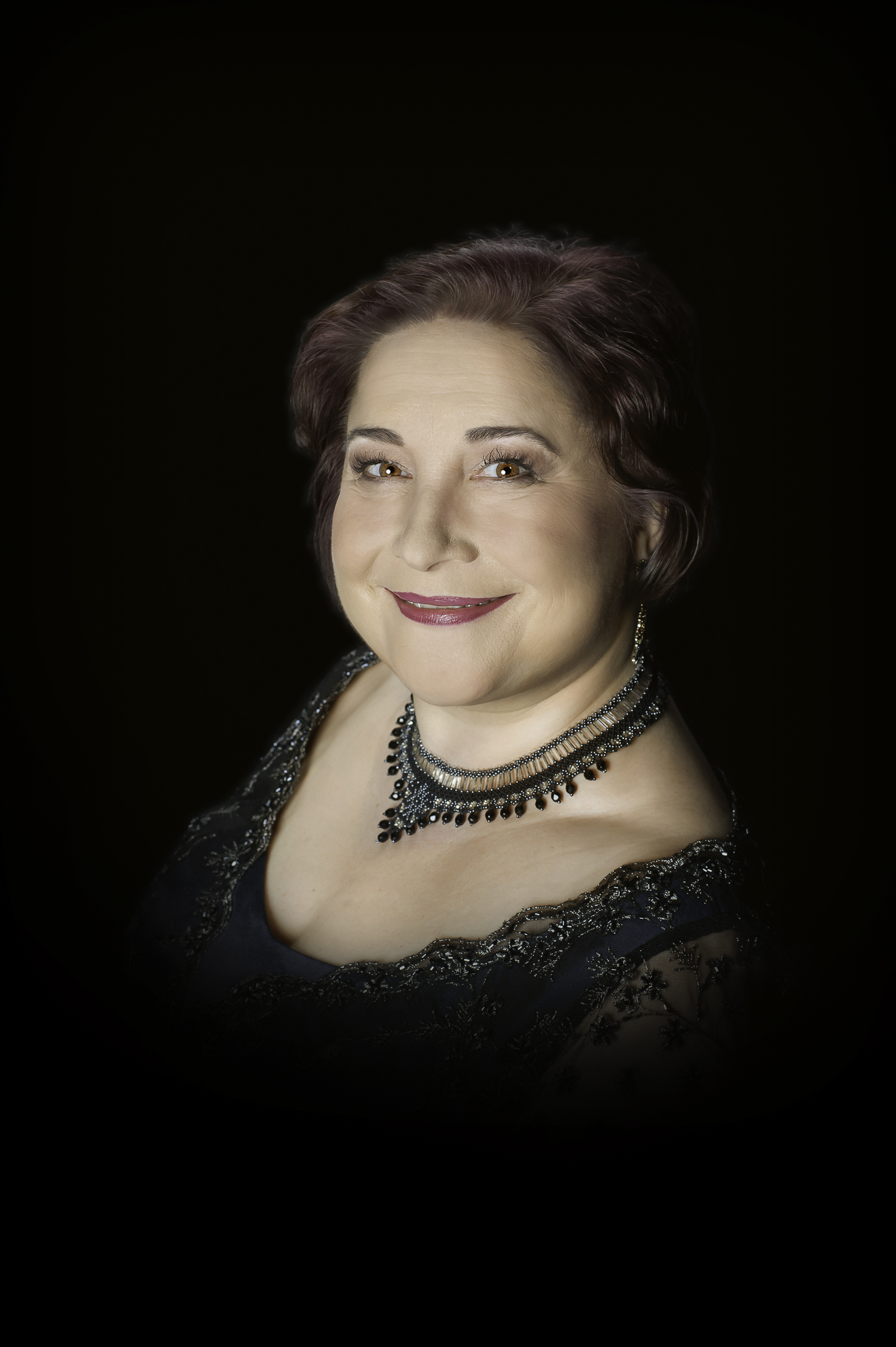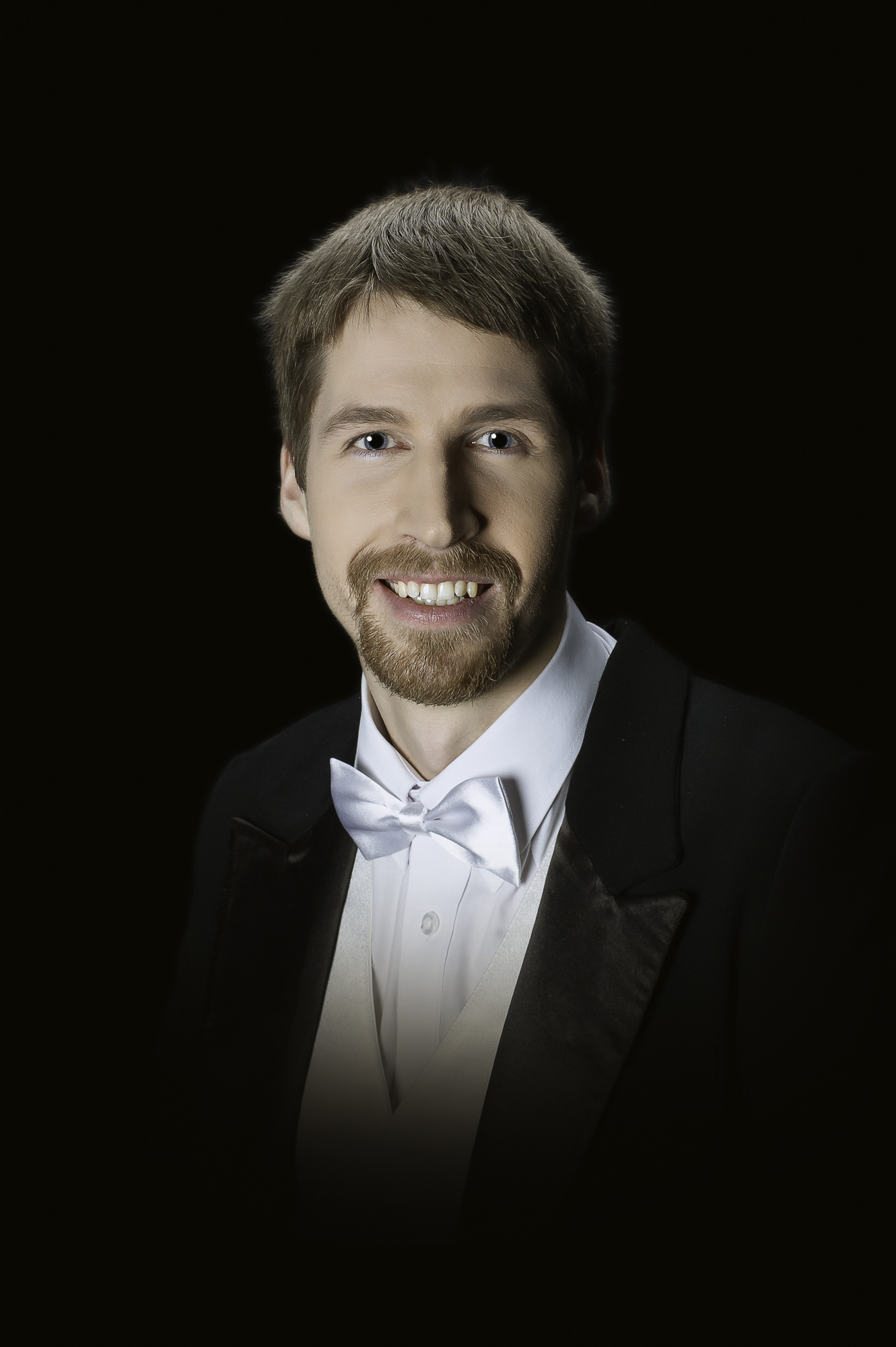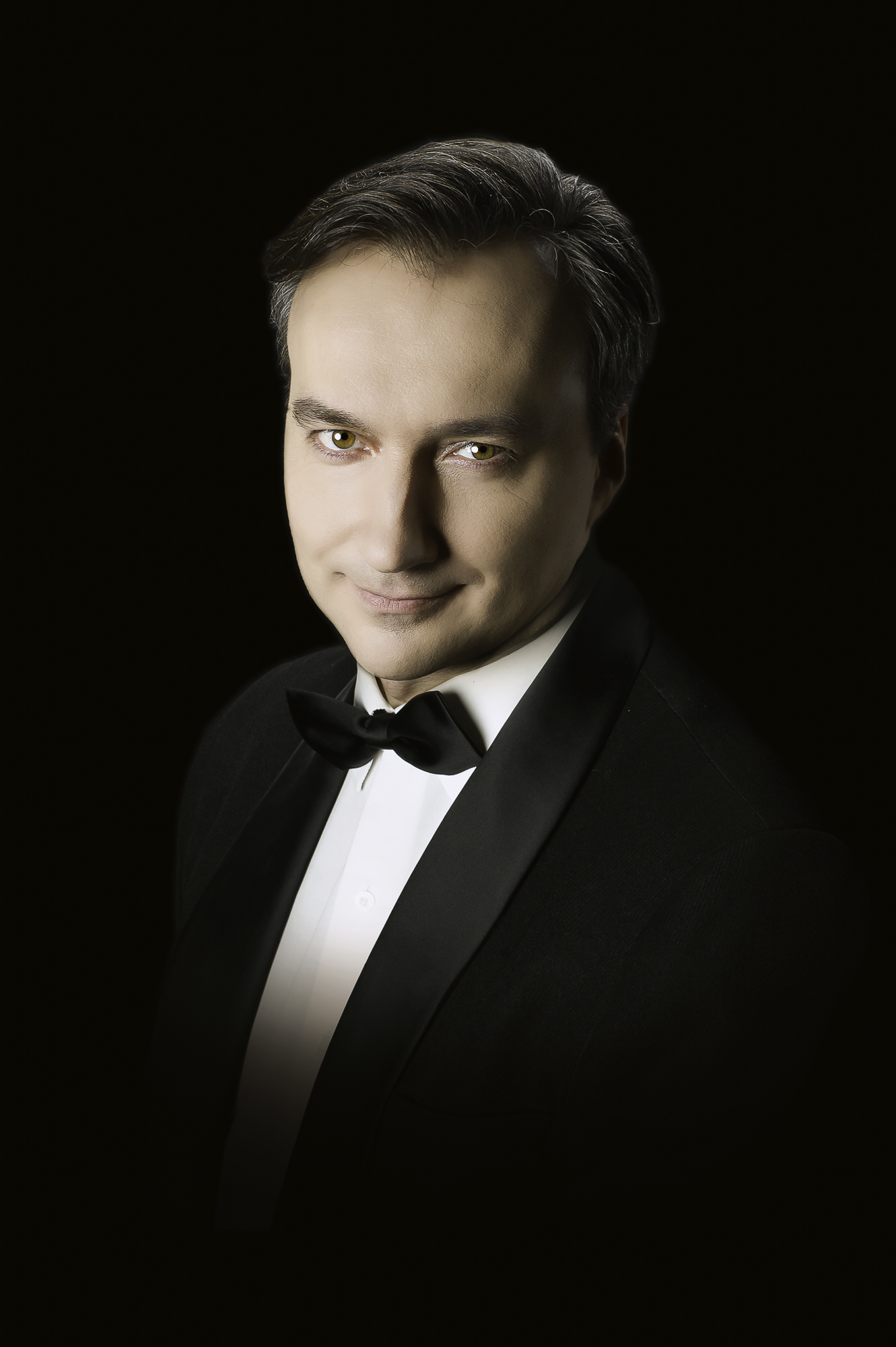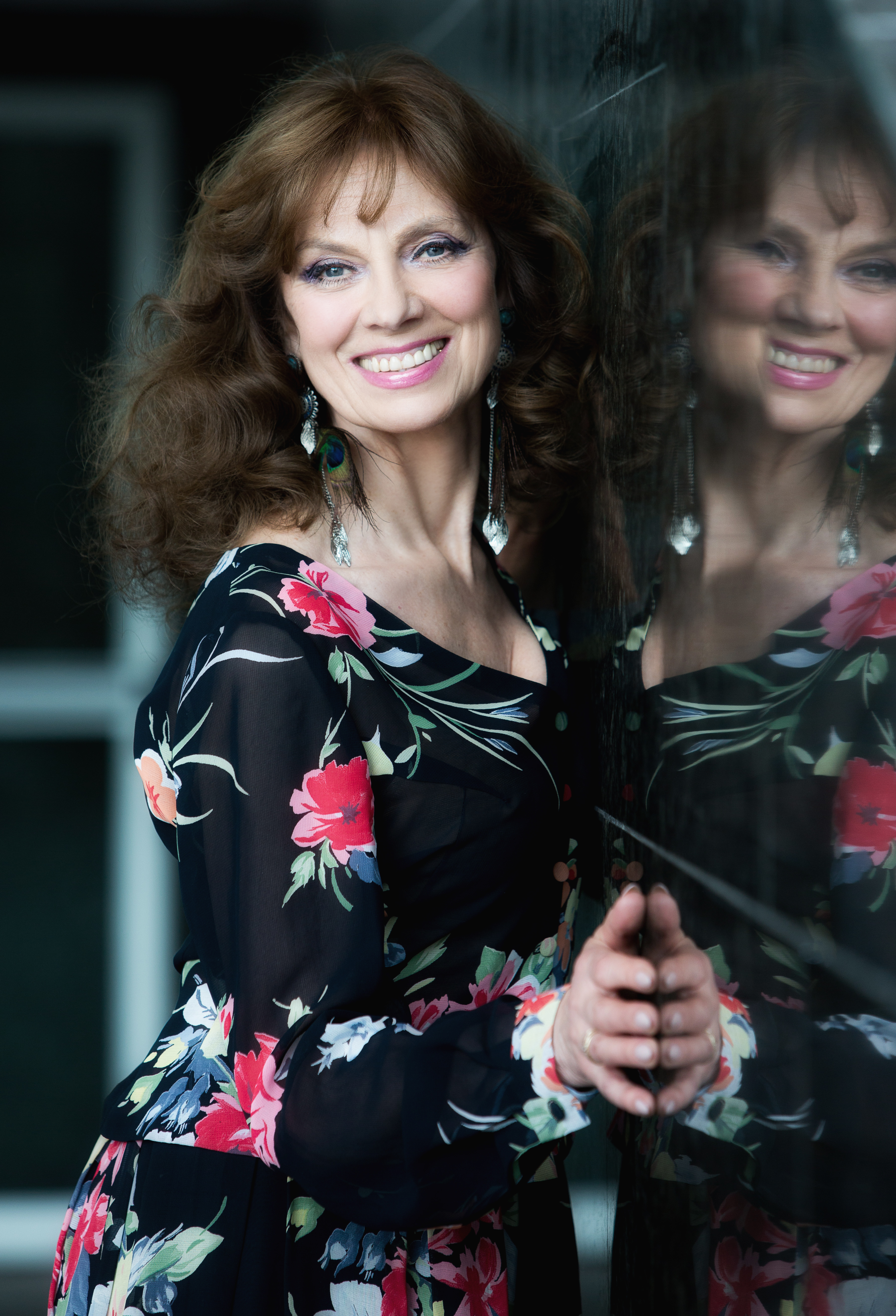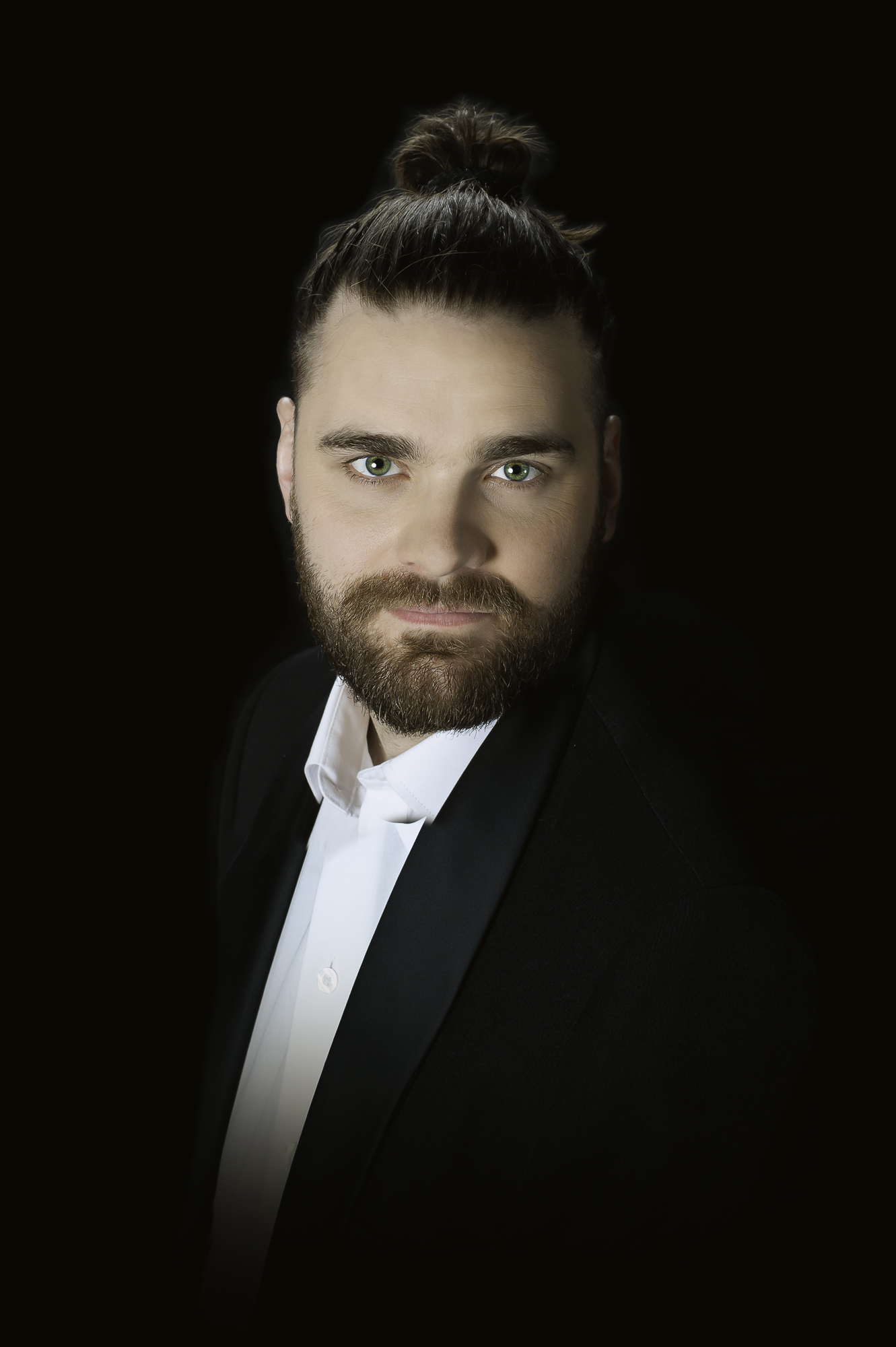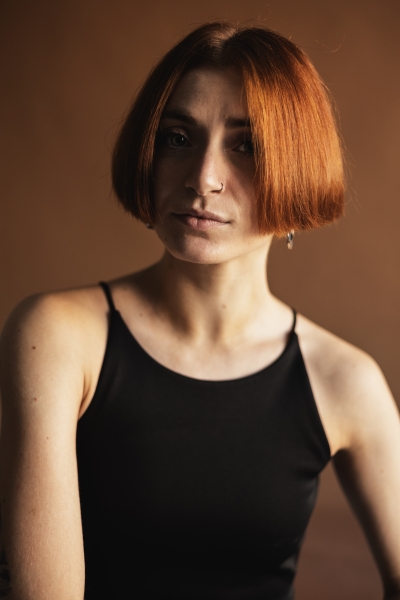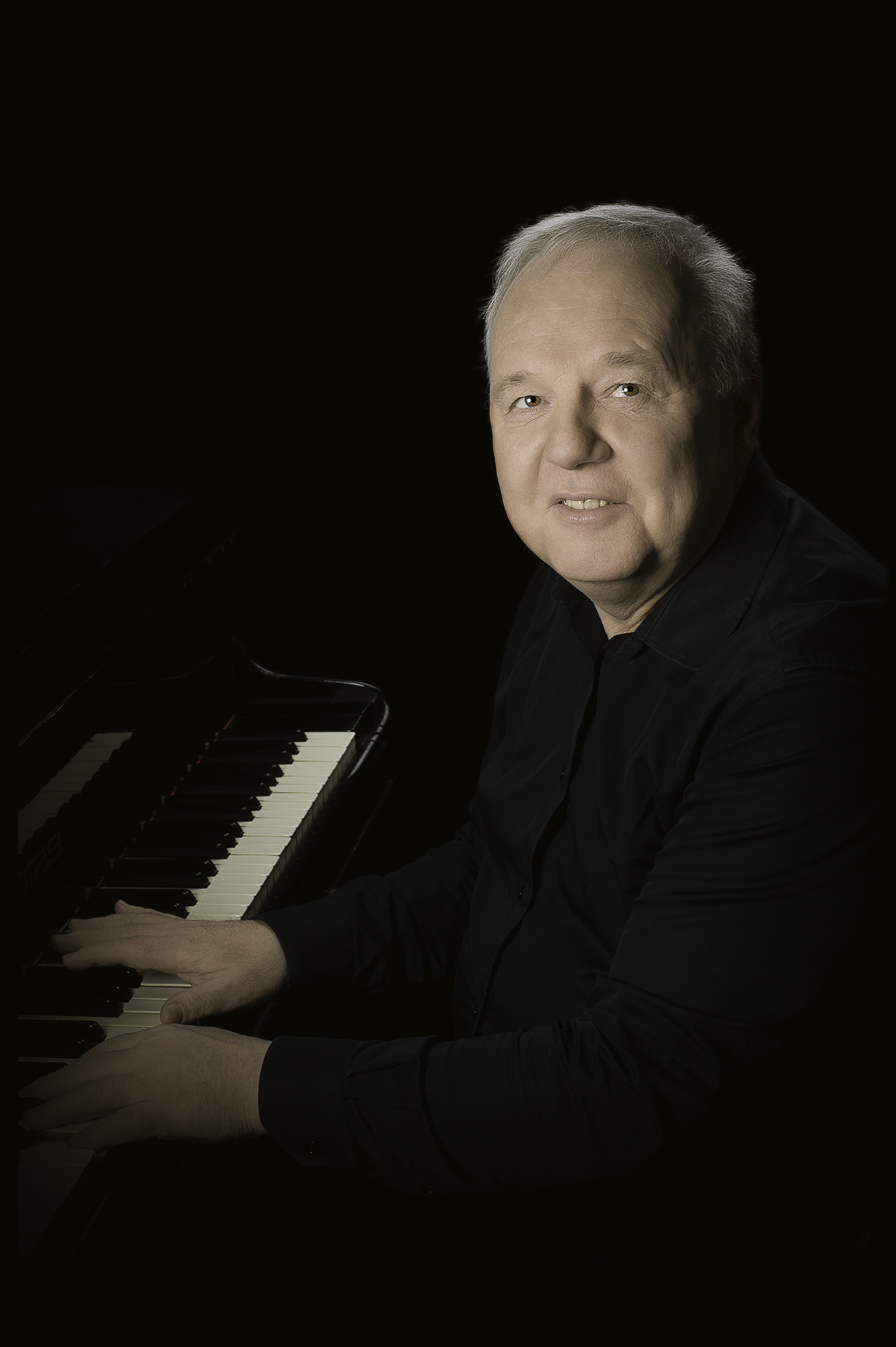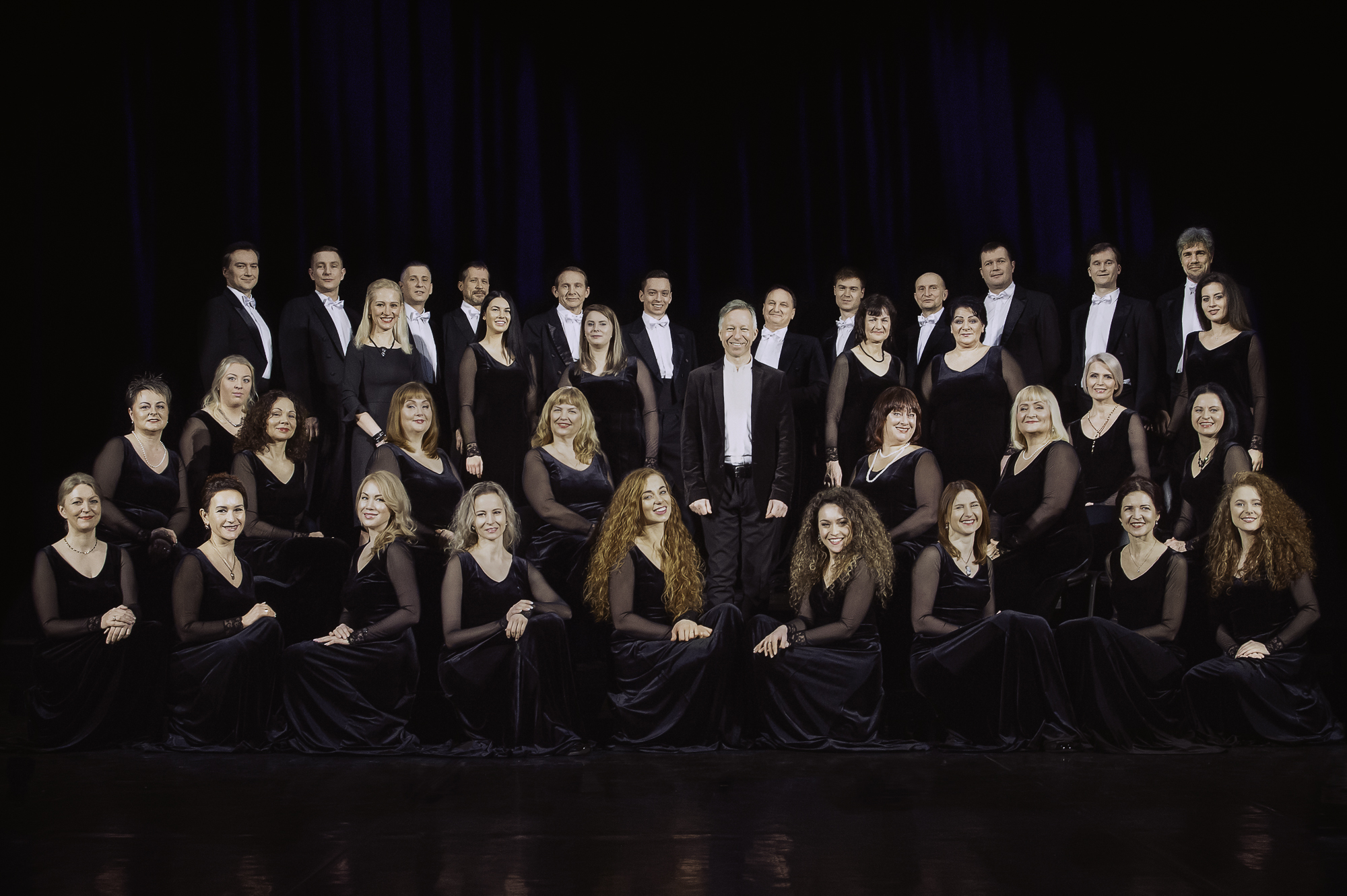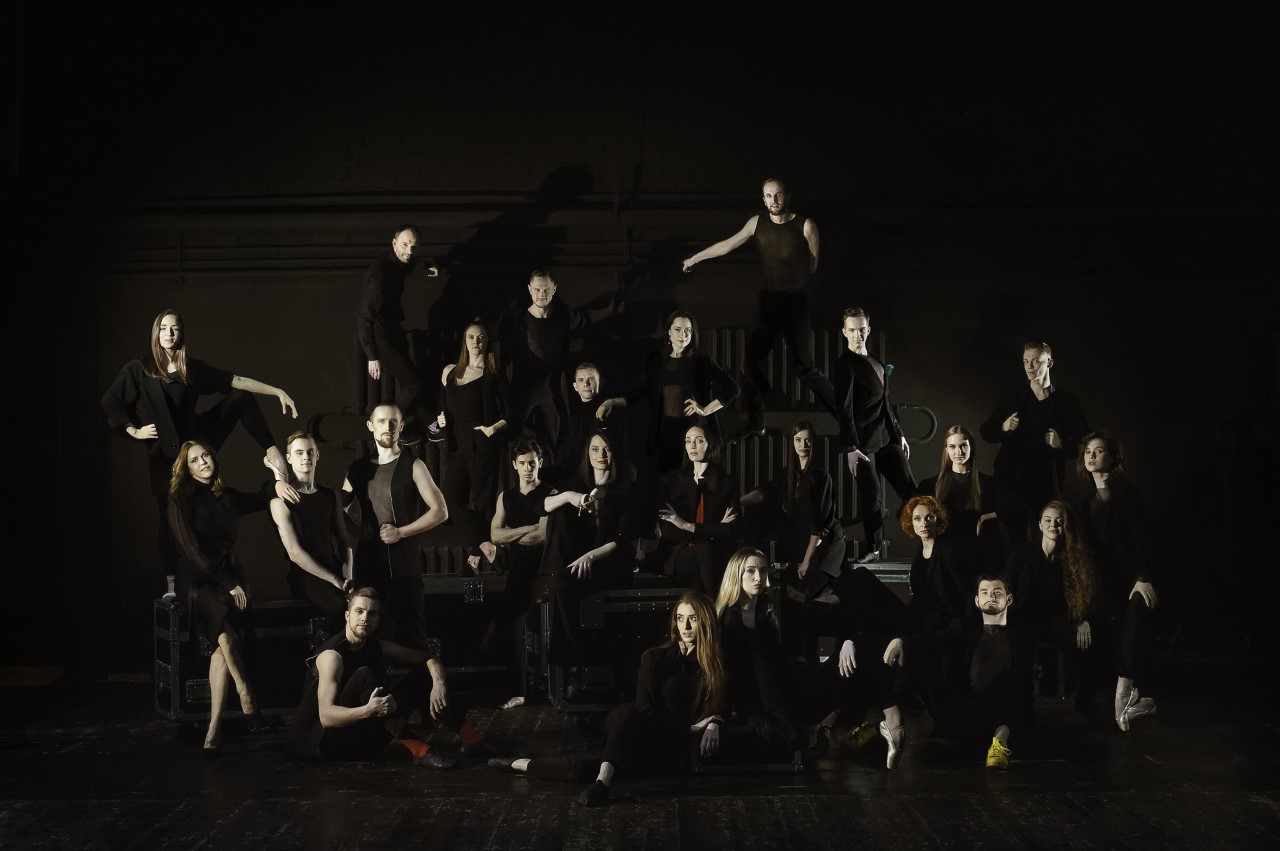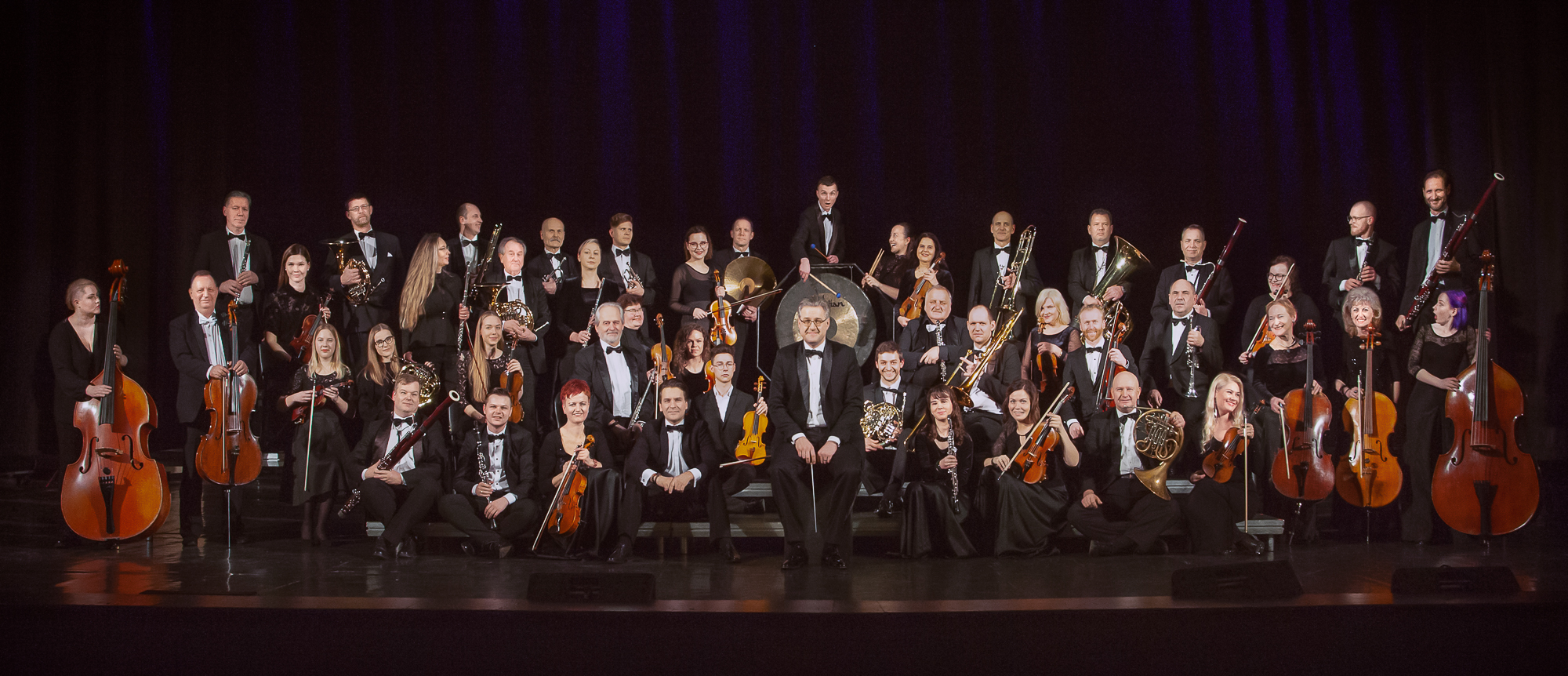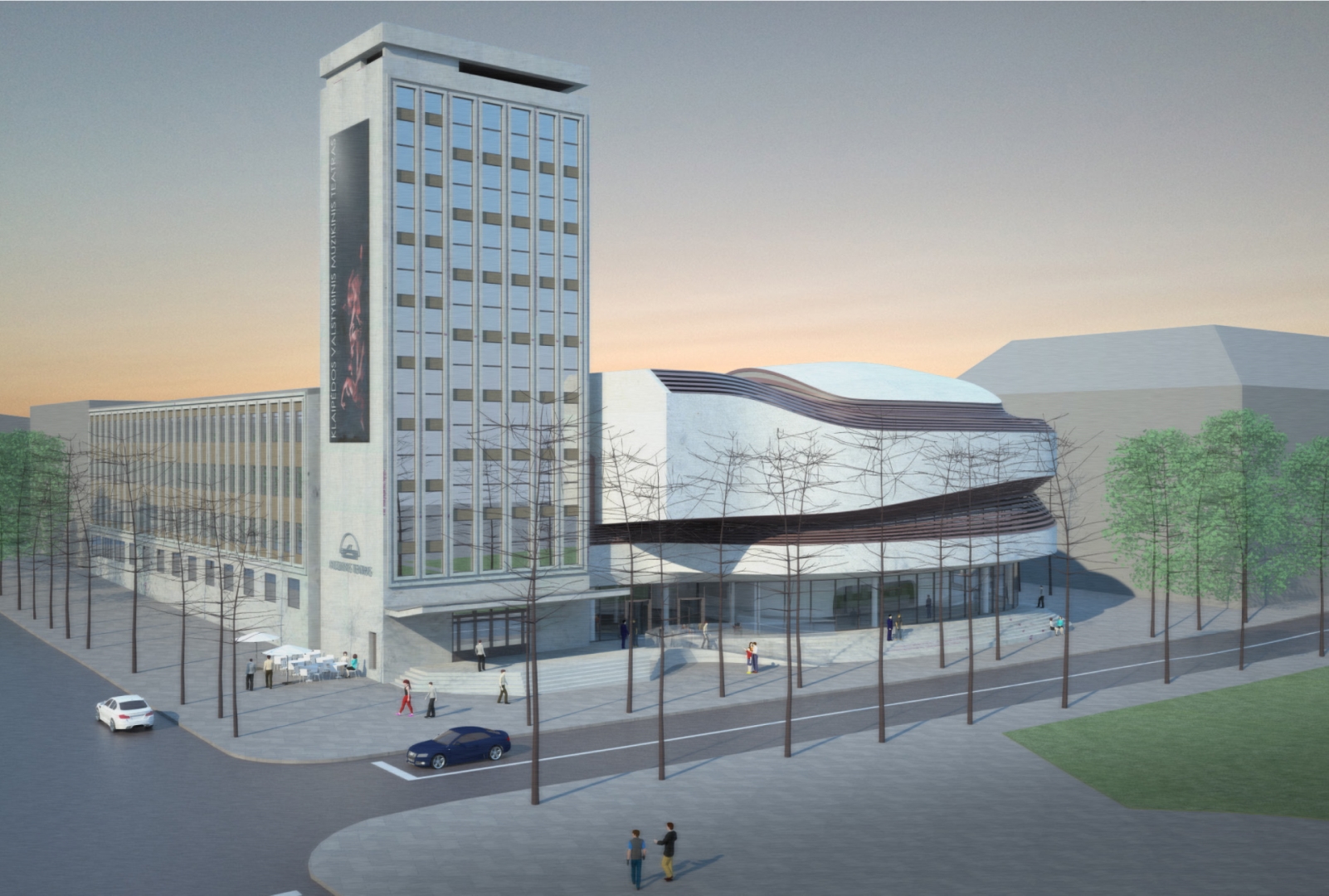Act I
1962, Algeria. The end of the Algerian War is approaching. The Marquise of Berkenfield joins the French ladies on the terrace, fearful of the possible victory of the Algerian National Liberation Front and the consequences for the colonists. She plans to return to her chateau in France, accompanied by her butler Hortensius. Fear and tension grow as word spreads that France is about to sign a truce. The Marquise is so agitated that the butler has to refresh her with smelling salts. She instructs Hortensius to take care of security and make all the arrangements for the journey. The ladies retire to their apartments.
Panic-stricken, Hortensius tries to sneak through the Arab quarter undetected and carry out his task. However, the unexpected appearance of Sergeant Sulpice of the French Army's Twenty-First Regiment frightens the butler and he prepares to flee. The sergeant is cheered up because his intentions are as peaceful as possible: he says, he will bring order to the town. He is joined by Marie, an orphan girl who was found by the regiment's soldiers in the heat of battle and brought up as their daughter. She grew up and stayed on to serve as a vivandière (sutler and canteen girl). Sulpice is happy to see her and asks who the stranger is that the regiment's soldiers saw her with. As soon as she says that it is Tonio, a young Algerian, the soldiers bring in a young man who has been arrested for snooping around the camp. Marie begs the soldiers not to punish him because he saved her life when he caught her falling off a high cliff into a chasm. The soldiers thank him, call him a friend. They call on Marie to sing the regimental song. At the sound of the drum, Sulpice leads his soldiers away, taking Tonio with him.
However, Tonio manages to escape and returns to Marie. She explains to Tonio that in order to be together, they should get the blessing of all the ‘dads’ in the regiment. Tonio confesses his love for Marie and the two sing a love duet. When Sulpice returns and finds the couple, he orders Tonio to leave immediately and a quarrel breaks out between them. Marie, angry with Sulpice, runs after the young man.
The Marquise appears with her butler and asks for the sergeant's escort so that she can continue safely to Berkenfield Castle. On hearing the name, the sergeant recognizes seeing it in a letter found with the infant during the battle. The Marquise tells him that her sister was married to a captain in the French army and their daughter disappeared during the war. Marie turns out to be the Marquise's long-lost niece. Marie is surprised to learn that the Marquise is her aunt. The Marquise is unpleasantly surprised by the girl's military manners and vocabulary and asks her to come along and learn the manners befitting a lady of her class. Marie resists her wishes, but can't help it and agrees to go.
In order to be closer to his beloved, Tonio decides to join the Twenty-First Regiment. He assures his new regiment mates that he loves Marie and asks for her hand in marriage. They agree, but Sulpice's news that Marie is going to live with her aunt shocks everyone. Marie comes to say goodbye to Tonio and her beloved Twenty-First Regiment.
Act II
Sitting room at Berkenfield Castle, France. Marie has been living in the Marquise's chateau for several months. The Marquise has decided to marry Marie off to the Duke of Krakenthorp and has invited Sergeant Sulpice to help persuade Marie to marry. In order to rid Marie of her brusque ways, the Marquise hires a dancing teacher and teaches her to sing beautifully herself. However, in the presence of Sulpice, Marie is unable to restrain herself and instead of singing a sentimental song, she sings a regimental song. The sergeant gladly joins in. The Marquise is disappointed, but the wedding is approaching and she has to send out the remaining invitations to the guests, so she leaves for a short time, entrusting Marie to Sulpice's care.
Hortensius informs Sulpice that a soldier has asked to speak to him. Alone, Marie is almost resigned to her fate, but she hears military music and greets her beloved regiment with joy. Tonio, who has been promoted to officer for his bravery, arrives with it. He mentions to Marie that he has learned a secret from a burgomaster he knows, which he cannot yet reveal. Marie and Tonio ask Sulpice to intercede for them before the Marquise.
The Marquise arrives, Tonio asks for Marie's hand in marriage, and tells her that he risked his life for her. But the Marquise casually refuses his request. Tonio then reveals that he knows she never had a niece. The Marquise tells him to leave and Marie to go to her room immediately.
When she is alone with Sulpice, she confesses that Marie is not her niece but her illegitimate daughter. Since she cannot legally inherit her title and property, the Marquise has arranged for her marriage to a noble and wealthy suitor.
The groom's mother, the noble widow Duchess of Krakenthorp, arrives at the castle to negotiate the marriage contract. The notary confirms the agreement and informs her that the only thing left to do is to sign it that same evening. Guests arrive at the castle, including the noble Duchess, but Marie is late... The Marquise, embarrassed, asks Sulpice to persuade Marie to come and sign the contract.
Marie enters with Sulpice, who has just revealed to her the whole truth about the Marquise. She does not hide her disappointment with her mother, who has kept the truth from her for so long, but she also realises that she must now simply sign the marriage contract. At the last moment, however, Tonio and the soldiers of the regiment burst into the ceremony and announce to everyone that Marie was their sutler and that she is the daughter of the Twenty-First Regiment. The news initially outrages the noble guests, but later they are overwhelmed by Marie's sincerity when she tells them of her gratitude to the soldiers who raised her. The Marquise is also touched by Marie's sacrifice and obedience to her will and allows her daughter to marry the man she loves, Tonio. Offended, the Duchess of Krakenthorp storms out of the castle. Everyone cheers, singing “Salut á la France!”
